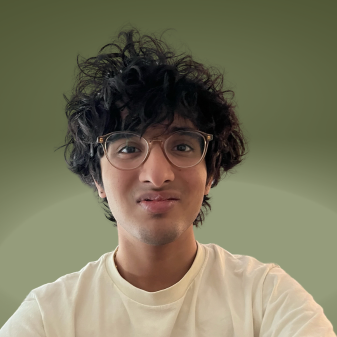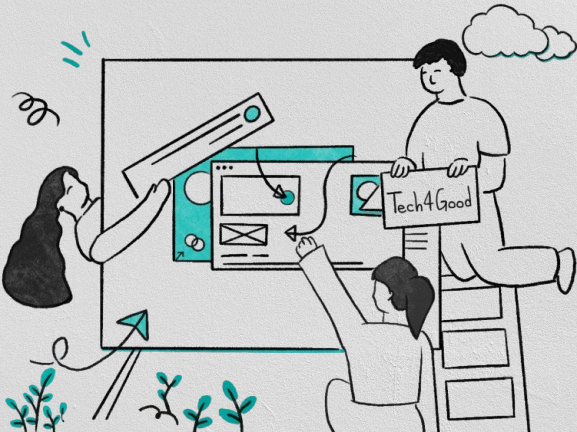Intern
The United States presidential elections of 2016. Donald Trump becomes the 45th President. An immigrant Indian woman, like many others, embarked on a tirade, sending her 10-year-old son down a tunnel of questions and curiosity. Mustering all his maturity, the little boy picked up a book – Eitan Hirsch’s Politics is for Power – that would alter his perspectives and mould his path in life.
Arvind Unnithan, with his thick glasses and calm demeanour, easily strikes one as that kid in whose hands one would always find a book. Well, he is that. And more. The child of immigrant Indian parents, Arvind has been navigating multiple identities ever since he can remember. Which is why his well-articulated political opinions stun most people.
Inspired by the idea of community-based change, an adolescent Arvind set out to engage in local electoral politics. He went from house to house, knocking on doors and asking them questions ranging from ‘Are you registered to vote?’ to ‘How do you want your elected officials to reach out to you?’ He firmly believes that meaningful impact arises from direct involvement with the common public. As he grew older, his political opinions and engagements broadened. “I was involved in various movements such as Black Lives Matter and the Stop AAPI Hate that had brief stints of popularity during the pandemic. I held similar values and believed in the necessity of organizing and creating the space for these values,” says Arvind.
High school had a cluster of jarring formative experiences in store for Arvind. Buckling before an onslaught of mental health issues, he struggled a lot towards the end of secondary school. It was around this time that he embraced a new view of life. “I think it was a combination of educational, emotional, personality, and identity failings that have led me to where I am and to the people I want to help. And although ‘failing’ is a negative word, I think all those failings led to very positive outcomes,” says Arvind.
Unsurprisingly, Arvind enrolled in the Political Science degree offered by Bergen Community College. In his first year, he stumbled upon a volunteering opportunity offered by the college’s English Language Resource Center. He worked with immigrants in language acquisition, conversing with those who could not speak English. “I enjoyed listening to their stories and could somehow see myself in them,” says Arvind. “What I really valued was the humanity of it all and the idea that the human experience is not singular. And I think there is immense strength in that.”
“I wish more people could be made aware that they are not powerless and that it is possible for them to spearhead movements that affect them directly. I think understanding that and communicating that to like-minded individuals is a fundamental process of liberalism that we forget since we've lived our entire lives in hegemonic entities that are coincidentally liberal. We take these ideas for granted, so I think appreciating them and acting on them would do a lot.”
Arvind recently learned about the gram panchayat-level electoral process in Kerala. Eager to see the system for himself and reconnect with his Malayali roots, he procured a volunteering position at aikyam space and landed in Kerala. He works with Anode Governance Labs, helping them with data visualisation. He has also been building a system for aikyam that helps set certain deliverables to create efficiency.
Working directly with non-profits is exactly what interests Arvind about the work. He says, “Advocacy is a process that needs to include everybody and be worked for by everybody. It needs to be something that we're all invested in or it simply cannot work. And perhaps that is what I enjoy the most about aikyam. Here, I get to understand the specific needs of the organisations and curate solutions.”
Arvind is all set to complete his Bachelor's in Political Science with a focus on public policy and transition into law school with a focus on international or humanitarian law. Ultimately, he seeks to work for communities that he has a vested interest in, including immigrants, refugees, and groups caught in the midst of political conflicts. “If I could change one thing in this world, I would vote for more equity of opportunity. Given my current scenario and opportunities, I intend to inch closer to that dream by utilising policy and legislative work to create a more equitable society,” he says.
Arvind Unnithan is an aikyam intern and a Political Science major at Bergen Community College. He is greatly passionate about making an impact through meaningful community outreach and forming policies based on real stories. You can connect with him here.


